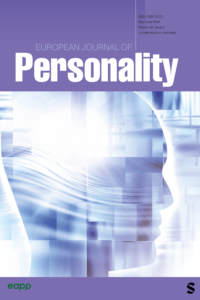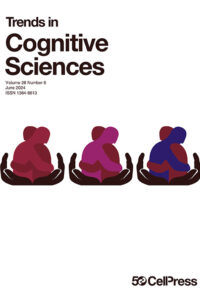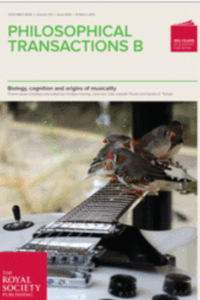Self-ratings of health (SRH) are widely used in large surveys and have been shown to predict mortality over and above more objective health measures. However, the debate still continues about what SRH actually represents and what the processes underlying people’s assessments of their health are. The main aim of this study is to examine the role of the Five-Factor Model personality traits in general SRH assessment while controlling for the effects of objective health indicators, health-related quality of life and subjective well-being in a large population-based dataset of Estonian adults. A hierarchical linear regression analysis showed that only self-rated, but not informant-rated, neuroticism explained additional variance in SRH when the other aforementioned variables were taken into account.Our findings indicate that people’s general SRH is a relatively good reflection of their objectively measured health status, but also that the way in which people experience and evaluate the quality of their lives—both in terms of subjective well-being and more specific aspects of health—plays a significant role in general SRH assessments.
The Role of the Five-factor Personality Traits in General Self-rated Health




